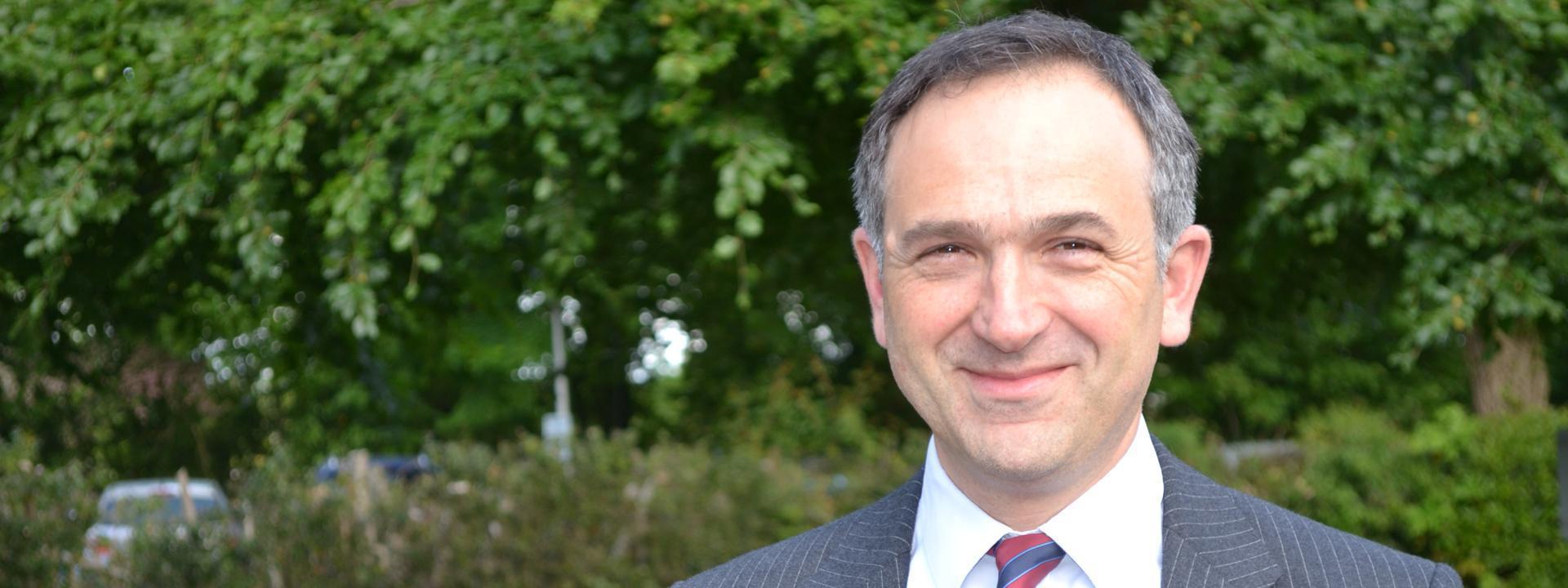Progress update
Employee engagement is key to success
by Paul Lacey, head of sustainability
As an organisation with over 3,500 employees, effective and open communication with our workforce about the importance of working sustainably and sharing best practice is critical if we are going to achieve our 2020 targets. We have stepped up our employee engagement programmes with more face-to-face training at site level, regular sustainability conference calls with follow-up action plans and wider promotion of success stories through the intranet and our employee magazine team. We include formal responsibilities for sustainability topics in management job descriptions and send out monthly reports to the management team on issues such as safety, health, energy, water and waste.
Considerable effort continues to go into energy and carbon reduction and behavioural safety. These are the two areas where our 2020 targets will not be reached without a significant improvement in performance. We have set energy reduction targets for each business line and at a site level we encourage our sustainability representatives to champion the introduction and development of energy saving projects. Overall emissions of CO2 per tonne of product are some way from our 2020 target but there are notable variances across the product lines. Concrete, aggregates and asphalt all fell in 2016, concrete by nearly 12 per cent, but there was a three per cent rise in cement where the bulk of our CO2 emissions arise due to a drop in alternative fuel use. We are normalising our total CO2 emission figures to remove variations due to the production balance between different products and give us a clearer picture of specific areas on which we need to focus.
Turning to safety, our lost time injury frequency rate increased during the year, which was disappointing, particularly as a good number of the incidents involved minor slips or trips which could have easily been avoided. However, 94 per cent of our 301 sites went through the year without a lost time injury, and over a half have been lost time injury-free for 10 years or more.
Communicating the lessons learned from accidents and continuing to embed behavioural safety are critical to improving performance. In April we stopped work for two hours for a co-ordinated health and safety stand-down, involving employees, drivers and contractors. Site meetings were followed by a hazard spotting exercise to identify and rectify potential risks. The initiative sent out a strong message to the business and to our contractors, suppliers and customers about our commitment to health and safety and we plan to repeat it annually. Later in the year we ran another successful health and safety week which was extended to 10 days to embrace the entire workforce.
Social responsibility is another important element of our sustainability programme and in addition to our community and charitable programmes we have provided specialist training to management and staff relating to human rights and corruption following the introduction of the Modern Slavery Act and the Bribery Act. We have also made a commitment to pay the living wage as a minimum.
On the customer side, as a subsidiary of the world’s second largest construction materials business, we are able to tap into the resources of a global research and development function with a clear brief to develop sustainable products and energy-efficient processes. This function has been further strengthened with the acquisition and integration of the construction materials business Italcementi, which has an outstanding record of product development and innovation.
All these elements – investment, communication, product development and social responsibility – are integral to our sustainability strategy and will help our customers and clients to deliver a sustainable built environment.
Finally, I am pleased to report that our expertise in managing sustainability is being recognised at Group level and across the industry. We have played a leading role in developing HeidelbergCement’s future sustainability ambitions and our staff have made important contributions to various working groups and committees within our major trade associations.

